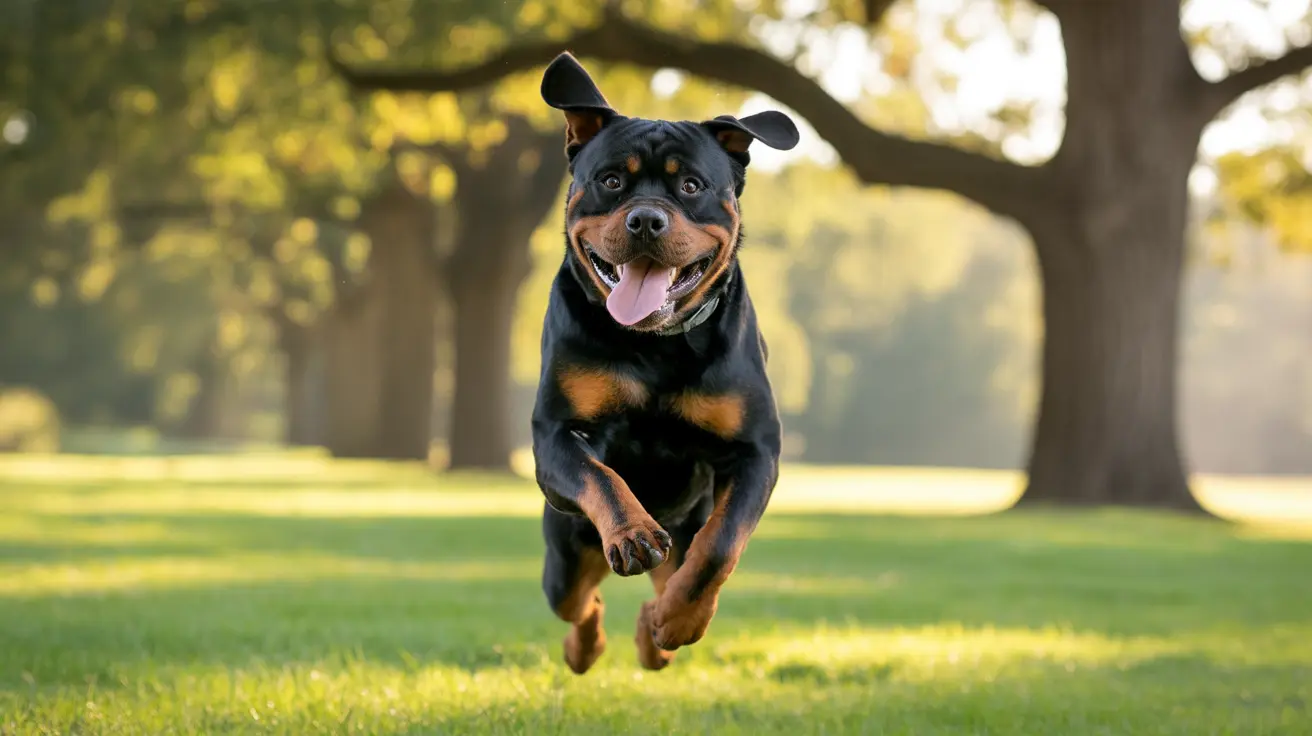Being bitten by your own dog can be both physically and emotionally distressing. Whether it happened during an interaction with another dog or in any other situation, knowing the proper steps to take after a dog bite is crucial for your health and safety. This comprehensive guide will walk you through the essential first aid measures and when to seek professional medical care.
Immediate Actions After a Dog Bite
The first few minutes after a dog bite are critical. Start by ensuring you're in a safe location away from any aggressive dogs. Then, begin first aid treatment:
- Clean the wound thoroughly with warm water and mild soap for 5-10 minutes
- Apply direct pressure with a clean cloth to stop bleeding
- Use an antiseptic solution like betadine if available
- Pat the area dry with a clean towel
Proper Wound Care and Treatment
After the initial cleaning, proper wound care is essential to prevent complications:
- Apply an antibiotic ointment to the bite area
- Cover the wound with a sterile bandage
- Change dressings at least once daily
- Monitor the wound for signs of healing
- Keep the injured area elevated when possible to reduce swelling
Medical Attention Guidelines
While some may hesitate to seek medical care for a bite from their own dog, professional evaluation is often necessary. Visit a healthcare provider if:
- The bite has created deep puncture wounds
- There's significant bleeding that won't stop
- The bite is on your face, hands, or joints
- You have a weakened immune system
- You're unsure about your dog's vaccination status
Understanding Infection Risk
Dog bites carry a high risk of infection due to the bacteria present in a dog's mouth. Watch for these warning signs:
- Increasing pain or tenderness
- Redness spreading from the bite area
- Warmth around the wound
- Pus or cloudy discharge
- Fever or general illness
- Swollen lymph nodes
Legal and Documentation Considerations
Even when dealing with your own dog, proper documentation is important:
- Take photos of the bite wound
- Keep records of all medical treatments
- Document your dog's vaccination history
- Report the incident to your veterinarian
- Consider consulting with a dog trainer to prevent future incidents
Frequently Asked Questions
What should I do immediately if my dog bites me?
Clean the wound thoroughly with soap and warm water for several minutes, apply pressure to stop bleeding, and assess the severity of the bite. If it's more than a minor scratch, seek medical attention.
How do I prevent infection from a dog bite?
Keep the wound clean, apply antibiotic ointment, change bandages daily, and monitor for signs of infection. Follow your healthcare provider's instructions regarding antibiotic treatment if prescribed.
What are the signs of infection from a dog bite that I should watch for?
Look for increased redness, swelling, warmth around the wound, pus or discharge, fever, and red streaks extending from the bite area. These symptoms require immediate medical attention.
Do I need to seek medical attention if my dog gives me a minor bite?
Yes, it's recommended to have all dog bites evaluated by a healthcare professional, as even minor bites can lead to serious infections if not properly treated.
How long should I take antibiotics for a dog bite, and what are the risks if I stop early?
If prescribed antibiotics, typically the course lasts 1-2 weeks. Complete the entire prescribed course even if you feel better, as stopping early can lead to antibiotic resistance and recurring infection.






